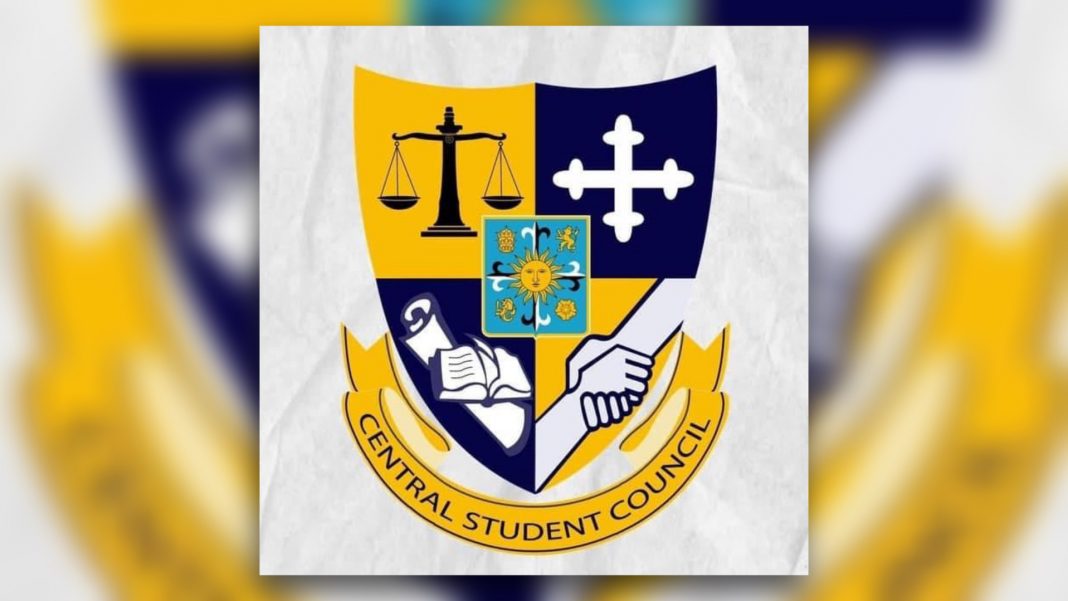UST student leaders are pushing for changes to the 2003 Central Student Council (CSC) Constitution that will create a new legislative body, restructure the Executive Board, and establish independent commissions.
CSC President Nathan Agustin made public the council’s plan to revise the charter on Sunday, March 5.
Under the proposal, a “Central Student Legislative Assembly” (CSLA) will take over the functions of the Central Board. It will be composed of local or college-level student council (LSC) presidents and elected representatives called “senators.”
The senators, who will be elected at the college level, will not have executive functions and will focus on representing their colleges in the CSC’s policymaking processes.
The CSC also plans to restructure the CSC Executive Board and election procedures for positions except the president and vice president.
Under the proposal, Thomasians will have the power to vote only for the president and vice president through University-wide elections.
The elected president will nominate three candidates for the positions of secretary, treasurer, auditor, public relations officer (PRO), and chief of staff. Voting for these positions will be done by members of the CSLA.
A chief experience officer (CExO) will be added to the Executive Board. The CExO’s primary task is to help organize University-wide events like the Paskuhan, Welcome Walk, and Baccalaureate Mass.
The CSC is also eyeing the expansion of functions of the Executive Board members, such as the auditor being the council’s compliance officer for all its procedures and protocols.
Proposed independent commissions include the Recognition Commission for Student Groups and Organizations and the Student Leadership Tribunal (SLT) for resolving disputes involving CSC offices.
The SLT will be composed of representatives from the CSC Executive Board, the Student Organizations Coordinating Council (SOCC), the UST Central Commission on Elections (Comelec), the CSLA, the Civil Law Student Council, and the Central Board.
The Central Judiciary Board, SOCC, and Comelec will be retained.
The CSC is also proposing amendments related to elections, the terms of interim officers, funding, and transitory provisions.
In an earlier interview with the Varsitarian, Agustin said the CSC came up with the charter proposals as the system was no longer working.
“Our local student councils have a lot of tasks na rin within their own spheres,” Agustin told the Varsitarian in October 2022.
Agustin said that by releasing a summary of the charter proposal, the council hoped the student body would be able to participate meaningfully in discussing the amendments.
The CSC Executive Board was tasked to conduct consultations and submit proposed amendments to the 2003 CSC Constitution on Nov. 24, 2022. Nillicent B. Bautista with reports from H.J.V. Andaya









